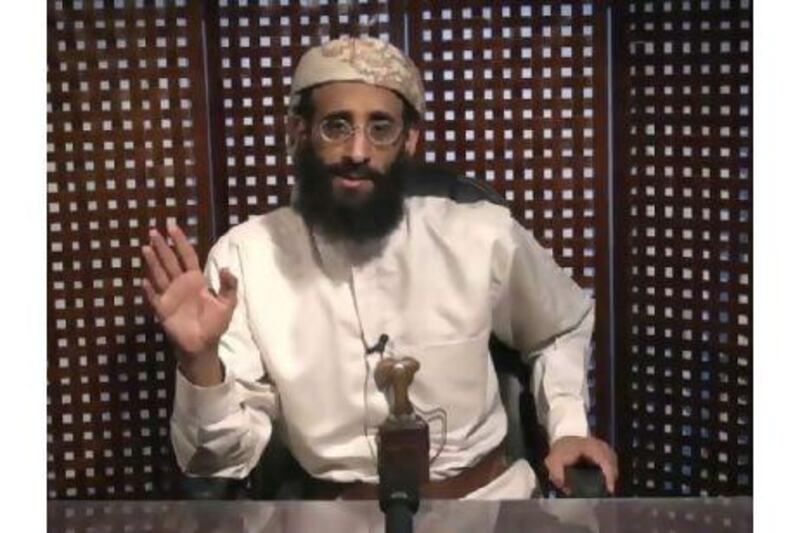The new frontline in the battle against ISIL has become the internet with the terrorist group proving smarter than states at using social media to radicalise vulnerable potential followers, a counter-terrorism conference heard Thursday.
The process of grooming an impressionable young recruit to the point where they can carry out a fatal attack is “almost too quick to catch without the most extraordinarily intrusive surveillance techniques” that are unacceptable in modern democracies, according to a senior British security official.
“It’s the online space that’s the front line today,” said Patrick McGuinness, the UK government’s deputy national security adviser. More than 300,000 pieces of online content have been removed after they were flagged up to firms by a specialist UK police unit.
Mr McGuinness said work in rooting out extremists within communities was “secondary” to the online threat. “Until Islamic State cannot occupy space online freely, we will not be safe,” he told a counterterrorism conference in London organised by security thinktank the Royal United Services Institute.
He cited the work of Google in removing all videos linked to the Anwar Al Awlaki, the American propagandist for Al Qaeda in the Arabian Peninsula who has been repeatedly cited as a key influence for Islamist militants even after he was killed in a US drone strike in 2011. He said the companies had to recognise “handsome jihadis with pussy cats” were grooming young people for the ranks of ISIL.
The British government has been at the forefront of efforts to press technology firms to pull extremist content from their platforms, with prime minister Theresa May and the French leader Emmanuel Macron warning earlier this year of potential criminal charges if the companies ignored their warnings.
Europol, the European Union’s police intelligence hub, is working with 60 social media platforms around the world to swiftly identify and remove extremist content.
Terrorist groups have been much more effective than states at using social media to get their message across, said Franz-Michael Mellbin, the EU special representative to Afghanistan. “With all our resources we can’t come up with a clear answer to that.”
Britain has been hit by five significant terrorist attacks this year leaving more than 30 people injured and hundreds more injured. Police said a feature of the attacks has been the use of the internet to procure bomb-making instructions, send encrypted messages and share attack plans.
Law enforcement officials said that most companies were cooperating, but encrypted messaging system Telegram had resisted approaches because of privacy concerns and fears of government snooping.






